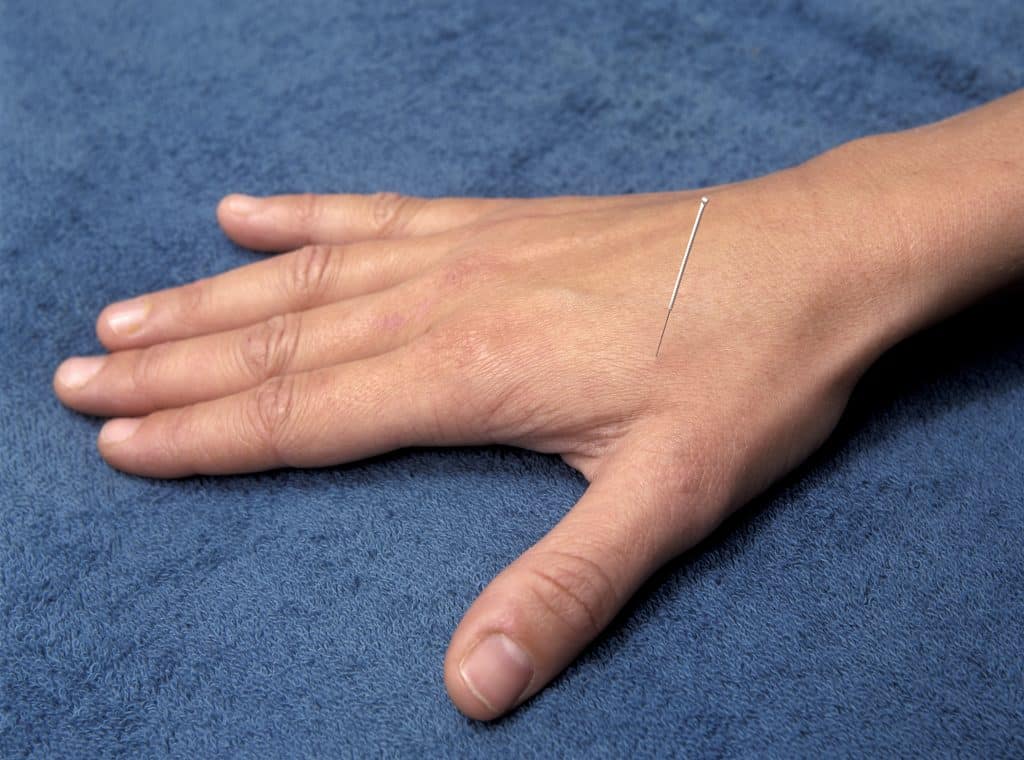Living with arthritis can be a daily struggle, affecting not just physical well-being but also emotional health. The pain and stiffness can make simple tasks seem daunting, impacting the quality of life. But there’s hope. The goal of this post is to be your comprehensive guide to dealing with arthritis effectively. From recognizing early signs to exploring medical treatments, you’ll find actionable advice to manage this condition better. So, let’s dive in and explore the best ways to deal with arthritis and regain control over your life.
Contents
What You Need To Know About Arthritis

Arthritis isn’t just a single disease; it’s a way to describe joint pain or joint disease. There are more than 100 types of arthritis, with the most common being osteoarthritis and rheumatoid arthritis. Understanding the type of arthritis you have is the first step toward effective treatment. It’s essential to know that arthritis can affect people of all ages, sexes, and races, making it one of the leading causes of disability in America.
The prevalence of arthritis is staggering, affecting over 54 million adults in the United States alone. This number is expected to rise in the coming years, making it crucial for everyone to be well-informed about this condition. Awareness and education are the first steps in managing arthritis symptoms and leading a healthier, more comfortable life.
Early Signs And Symptoms

One of the most common early signs of arthritis is joint pain, often mistaken for regular wear and tear. This pain can be accompanied by stiffness, particularly in the morning or after periods of inactivity. Swelling and redness around the joints are also common symptoms. These signs shouldn’t be ignored, as early diagnosis can lead to more effective treatment.
Ignoring these symptoms can lead to more severe consequences, including permanent joint damage. Emotional symptoms like anxiety and depression often accompany the physical discomfort, making it even more challenging to cope with the condition. Therefore, it’s crucial to consult a healthcare professional if you experience persistent joint pain or other symptoms mentioned above.
Diagnosis And Tests

If you suspect you have arthritis, the first step is to consult a healthcare professional for a thorough evaluation. This usually involves a detailed medical history and a physical examination to assess joint movement and strength. These initial steps help the doctor understand the nature of your symptoms and rule out other potential causes.
After the initial evaluation, you may undergo imaging tests like X-rays or MRIs to get a closer look at the affected joints. Blood tests are also common to check for markers of inflammation and to differentiate between types of arthritis. These diagnostic tools are crucial in formulating a treatment plan tailored to your specific condition.
Lifestyle Changes For Arthritis Management

Diet plays a significant role in managing arthritis symptoms. Incorporating anti-inflammatory foods like berries, fish, and leafy green vegetables can make a noticeable difference in your comfort levels. Conversely, processed foods and those high in sugar can exacerbate symptoms, so they’re best avoided. A balanced diet not only helps in symptom management but also improves overall health.
Exercise is another crucial aspect of arthritis management. While it might seem counterintuitive to move painful joints, regular low-impact activities like swimming or cycling can improve joint function and reduce stiffness. However, it’s essential to consult a healthcare professional before starting any new exercise regimen to ensure it’s appropriate for your condition.
Over-The-Counter Solutions

Over-the-counter (OTC) medications can be a convenient and effective way to manage mild to moderate arthritis symptoms. Nonsteroidal anti-inflammatory drugs (NSAIDs) like ibuprofen are commonly used for pain relief. However, long-term use of these medications can have side effects, including gastrointestinal issues. Topical creams containing ingredients like capsaicin or menthol can also provide localized relief from pain and are generally well-tolerated.
Dietary supplements like glucosamine and chondroitin have gained popularity for their potential to support joint health. While some people report significant relief after using these supplements, scientific evidence is still inconclusive. Always consult a healthcare professional before adding any new supplement to your regimen, especially if you’re already on prescription medications.
Medical Treatments

When OTC solutions aren’t enough, prescription medications may be the next step. Disease-modifying antirheumatic drugs (DMARDs) are often prescribed for conditions like rheumatoid arthritis to slow the disease’s progression. Corticosteroids are another option, offering powerful anti-inflammatory effects but with the risk of long-term side effects like bone thinning.
In addition, injections directly into the affected joint can provide more immediate relief. Options include corticosteroid injections for inflammation and hyaluronic acid injections to improve joint lubrication. In some cases, surgical treatments like joint replacement or arthroscopy are considered when other treatments fail to provide relief and the joint damage is severe.
Alternative Therapies

Alternative therapies offer another avenue for arthritis management. Acupuncture, for instance, has been shown to reduce certain types of pain, although the scientific evidence is still debated. Furthermore, herbal remedies like turmeric and ginger have anti-inflammatory properties and are often recommended as natural alternatives to pharmaceuticals.
Physical therapy is another option that can improve joint function and quality of life. A physical therapist can provide you with a tailored exercise regimen that aims to strengthen the muscles around the affected joint, thereby reducing pain and improving mobility. Just remember to always consult your healthcare provider before trying any alternative therapies to ensure they’re appropriate for your condition.
Living With Arthritis: Tips And Tricks

Living with arthritis doesn’t mean giving up on the activities you love. Assistive devices like canes or braces can make daily tasks easier and less painful. Even small changes like using an ergonomic keyboard or installing handrails in the bathroom can make a significant difference in your comfort levels.
Community support can also be invaluable. Joining a support group or participating in online forums can provide emotional support and practical advice from those who are going through similar challenges. Don’t underestimate the power of a strong support network in managing chronic conditions like arthritis.
Take Control Of Your Arthritis Today!
You don’t have to let arthritis control your life. From lifestyle changes to medical treatments, there are various ways to manage this condition effectively. While it’s essential to consult healthcare professionals for a tailored treatment plan, taking proactive steps can make a world of difference. So why wait? Start implementing some of these strategies today and take the first step toward a more comfortable, fulfilling life!


